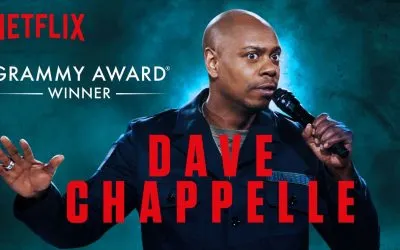Concerned that hers would be a distorted, doddering depiction of Margaret Thatcher, the former Prime Minister of the United Kingdom (1979-1990), I was more or less dragged to see The Iron Lady and was pleasantly surprised by the movie, starring the overrated Meryl Streep (Doubt, Mamma Mia!), one of my least favorite actresses. The framing device, Thatcher’s delusional visits with her late husband, Denis (Jim Broadbent), provides a subtle focus on the price she paid for power and, while some may find it distracting, I found it interesting. The framing of this old former prime minster, holding on to her top value as a means of orienting herself to a harsh reality, deepens one’s understanding of what might motivate an intellectual woman to seek power over one of the West’s greatest countries.
In a culture that fetishizes powerful women instead of admiring them for themselves and their achievements, The Iron Lady stands out as a well-crafted tale of a woman who merely steps in to run things because no one else is really up to the job. Another forceful mind in history, Ayn Rand, once wrote unfavorably about the issue of a woman president and, seeing The Iron Lady, one is reminded why. Throughout modern history, from Catherine the Great to Israeli Prime Minister Golda Meir and former presidential candidate Hillary Clinton, the toll such power takes is clear and director Phyllida Lloyd (Mamma Mia!), with writer Abi Morgan, deftly suggests that what moves Margaret Thatcher is looking up to man, not looking down upon men.
Shuttling between certain episodes of Thatcher’s past and present (centered during the aftermath of the Islamist terrorist attack in London), which is often awkwardly activated, we see the young, middle class grocer’s daughter form her political philosophy early in life from gathering lessons based on talks and actions in abundant example by her father, an extraordinary man who taught young Margaret (Alexandra Roach) rational virtues such as pride and productiveness. With her daughter Carol (Olivia Colman) bearing indignities of her own from her mother’s harsh words, Thatcher trudges onward, gamely filling in gaps where strength and dignity are lacking in the world around her. In other words, like most strong women of the 20th century, she became the man in an era in which men were weak, indecisive and increasingly emasculated by feminism because, rather sadly, she had to.
Here is where Streep’s performance should have been brilliant and isn’t (and critics’ conventional wisdom that Streep is better than the movie has it backwards). The real Margaret Thatcher, by most accounts, possessed an undeniably fiery sexuality in her Parliament and Downing Street years, and none of that’s in evidence in Streep’s performance. Margaret Thatcher was womanly, in the best sense, during her stirring and passionate speeches, as if she was laughing or winking to the mostly foolish men that surrounded her and they were everywhere in politics (and still are, only more so). Streep’s Thatcher is more dowdy and plodding than womanly, though her best scenes involve striking recreations of Thatcher’s finest speeches, which resonate powerfully for their words and meaning, and one craves more because Thatcher, who was always better than Reagan, has wickedly been vindicated.
That fact, the rightness of her political philosophy of capitalism, is inescapable in its logic as dramatized in The Iron Lady and, while it’s not as neatly created and edited as The Queen, seeing Margaret Thatcher as she might have been in her prime is reason enough to see this movie. There are glaring omissions, such as her relationship with the British royal family, but seeing an intelligent woman take on the world in order to be both her best and live in a liberated world of her making is its own reward. In one scene during the controversy over the poll tax, Thatcher’s harsher side is exhibited when she dresses down one of her Tory leaders. She snaps and rips him and everyone realizes she’s gone too far. The unspoken thought is that everyone realizes she’s right. Margaret Thatcher, born in 1925 and still living in Britain, held to certain ideals like a steel claw. Whether taking on an American diplomat urging her toward appeasement during the initiation of force against Britain off the coast of South America, labor unions and socialists or Irish terrorists, Thatcher was an iron lady. The Iron Lady demonstrates why.




